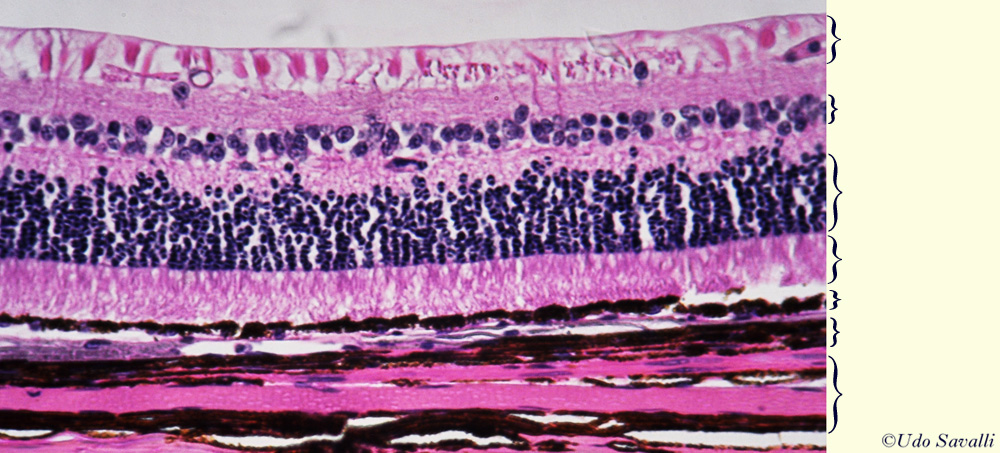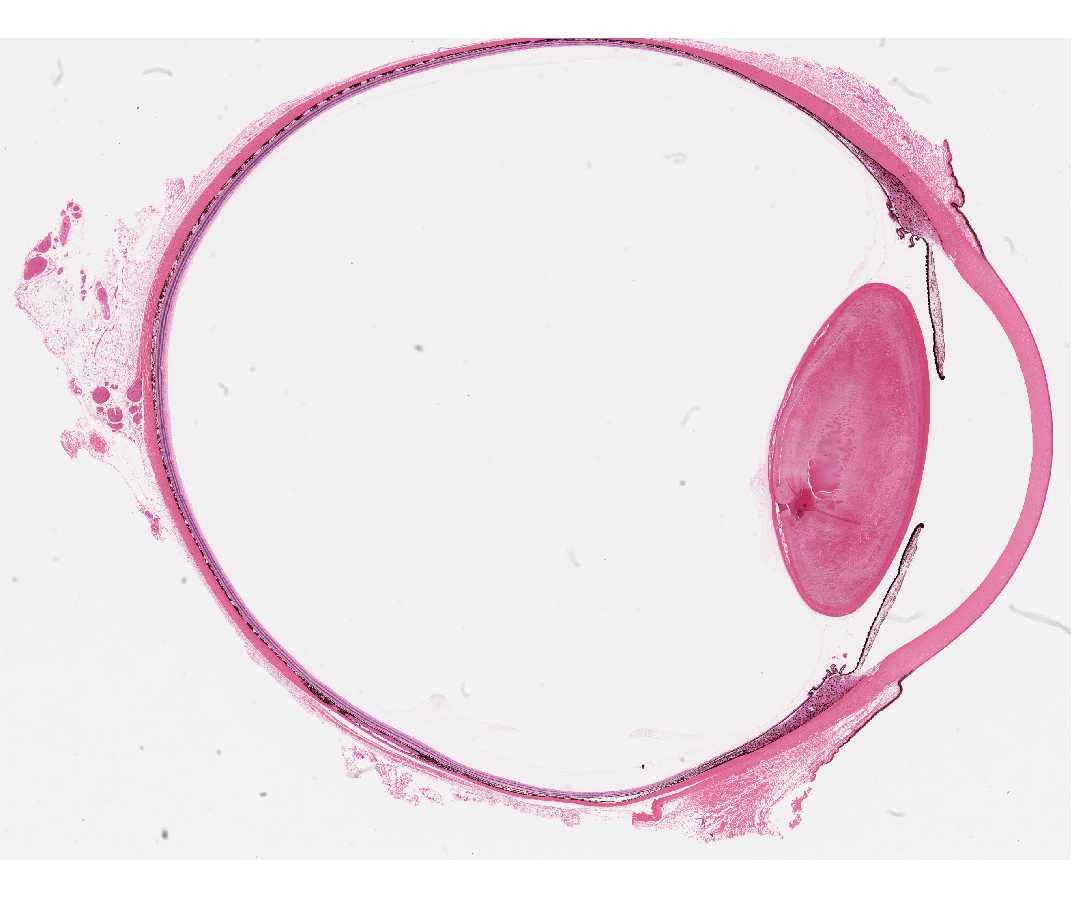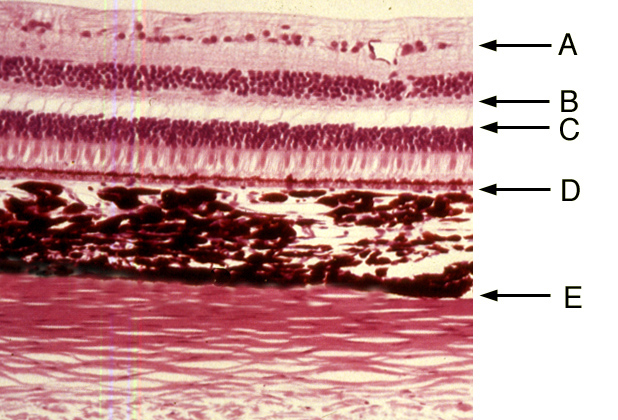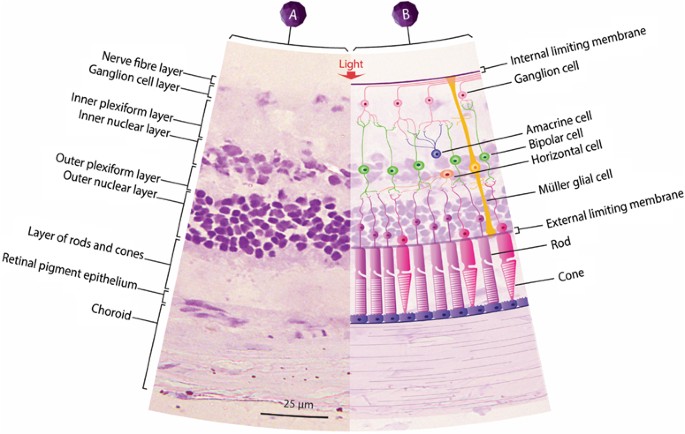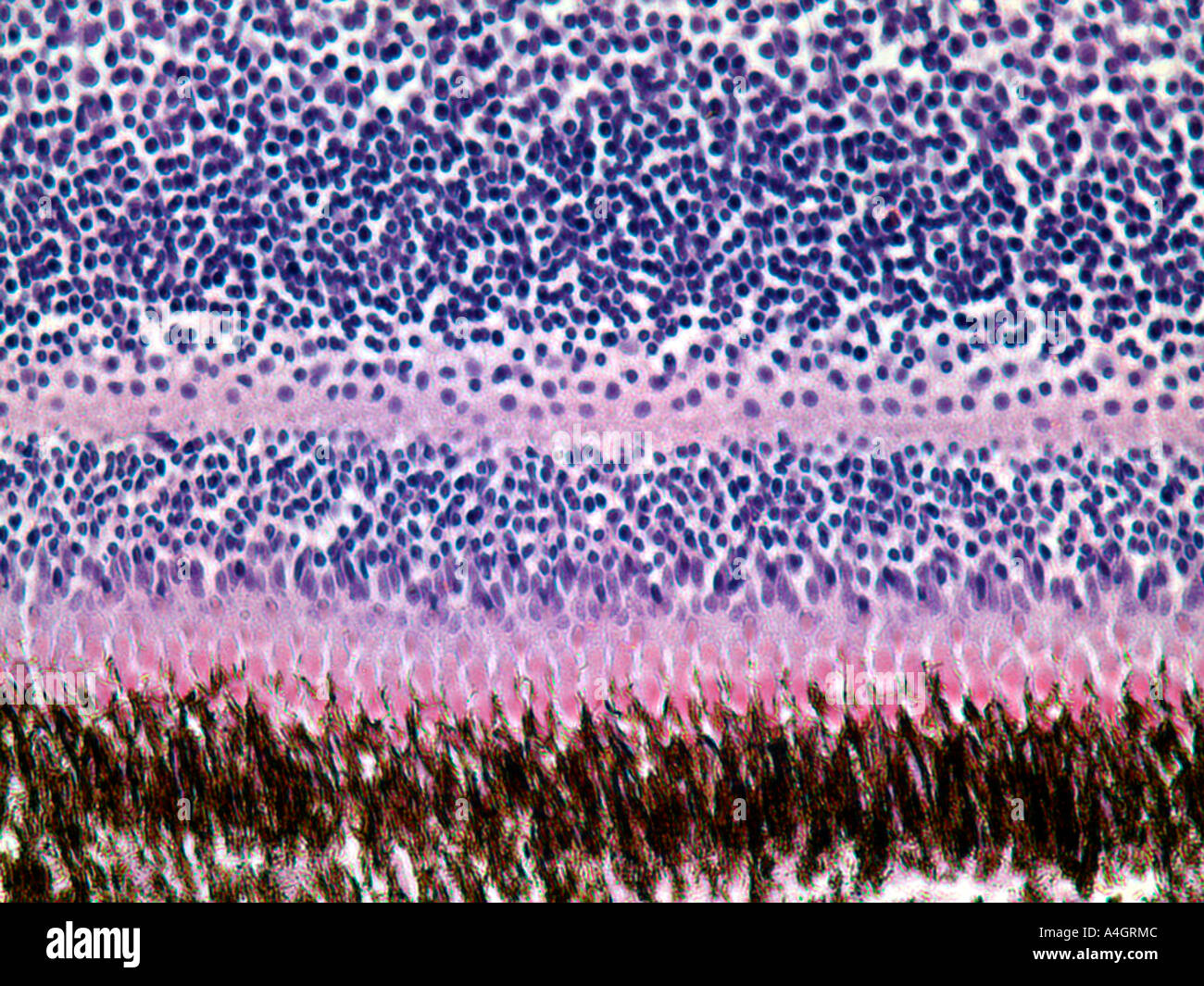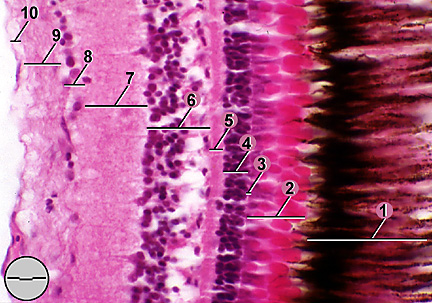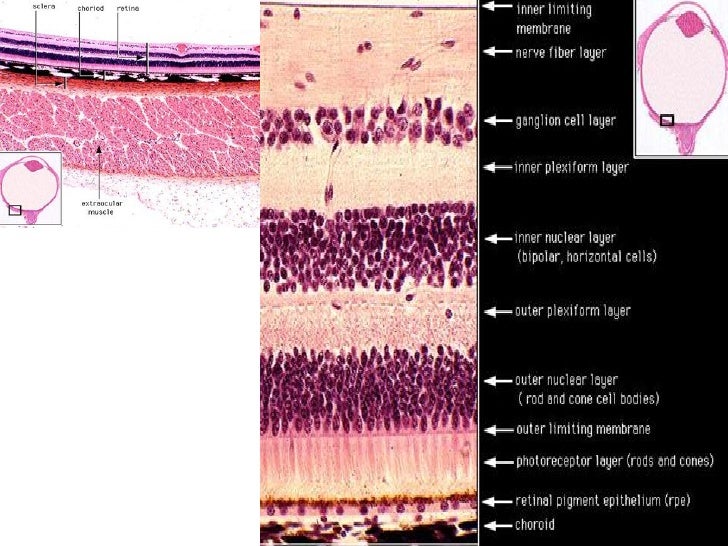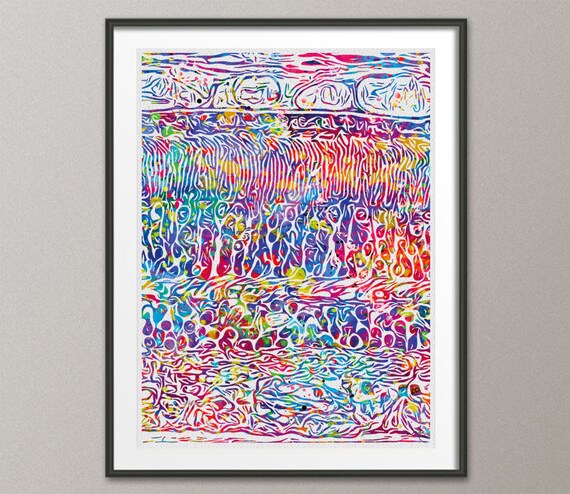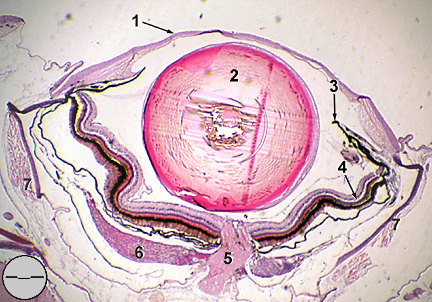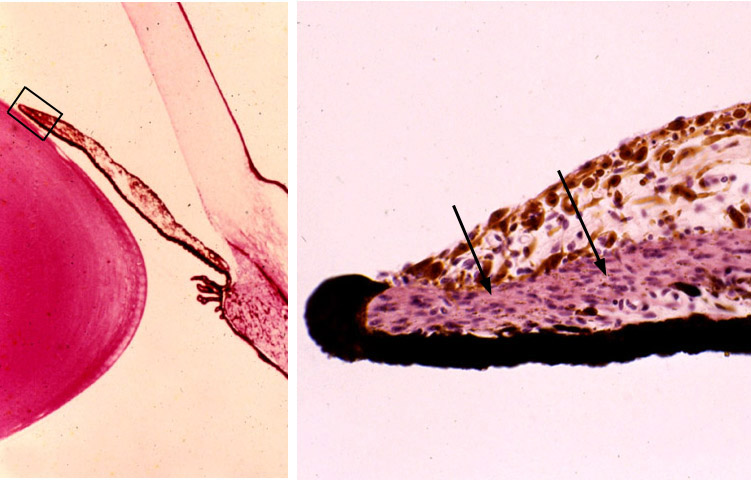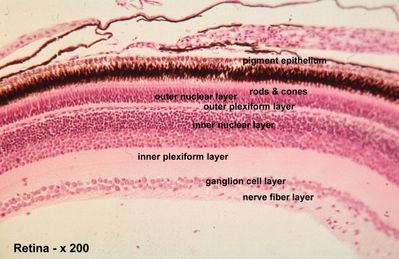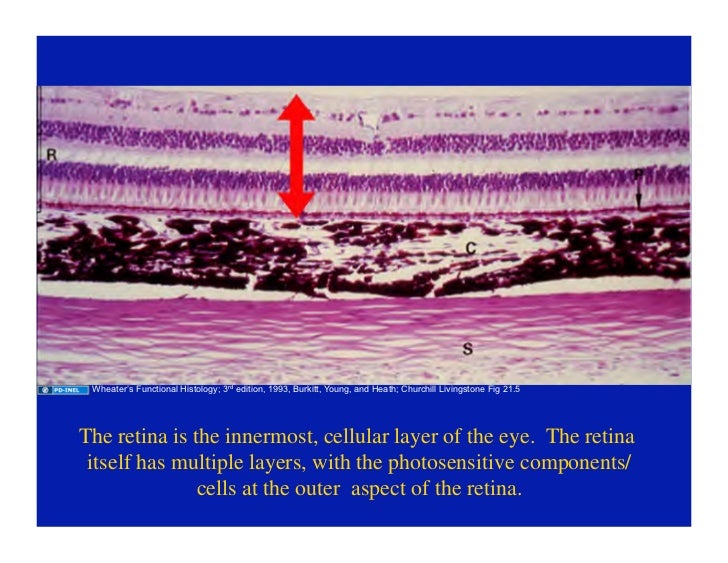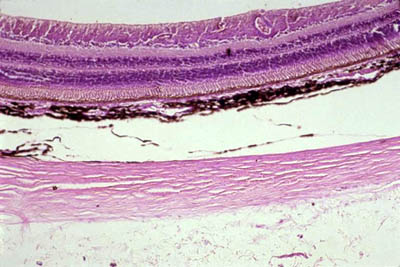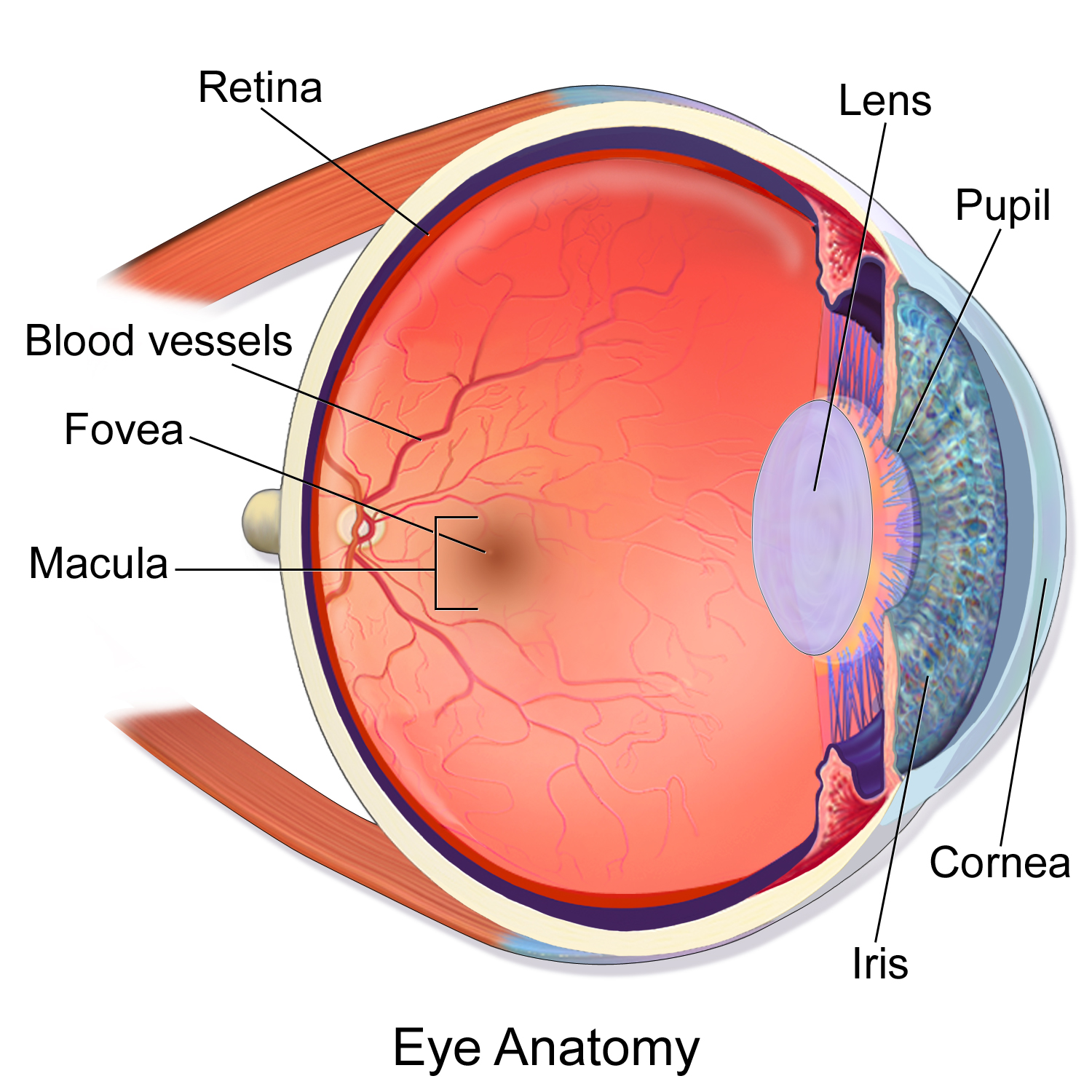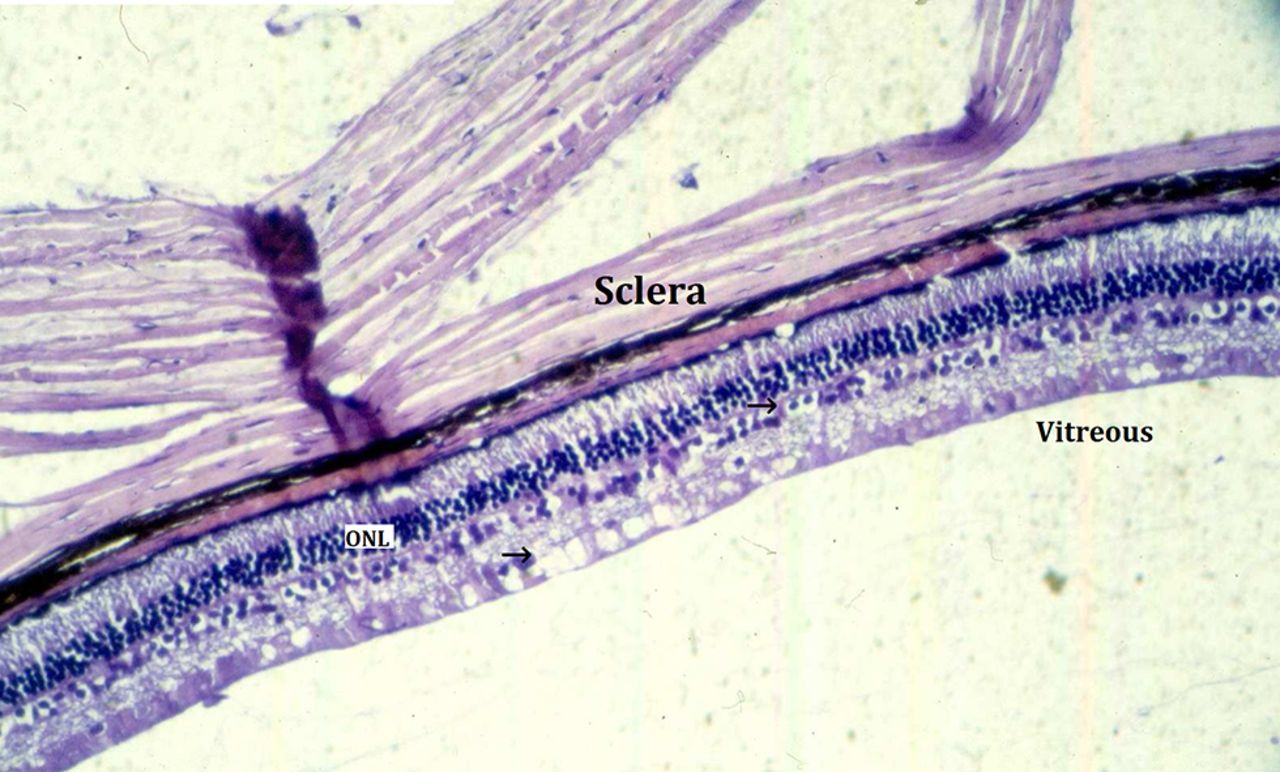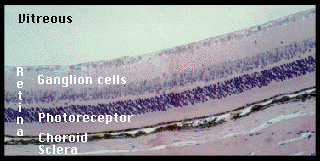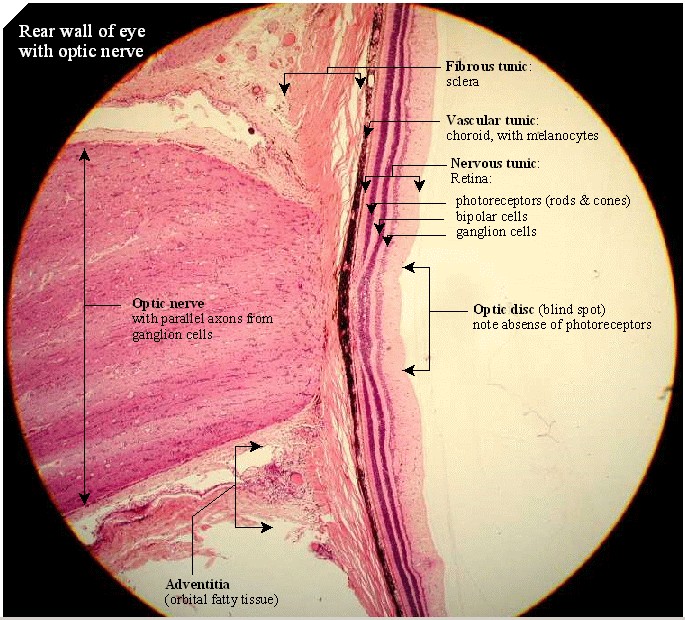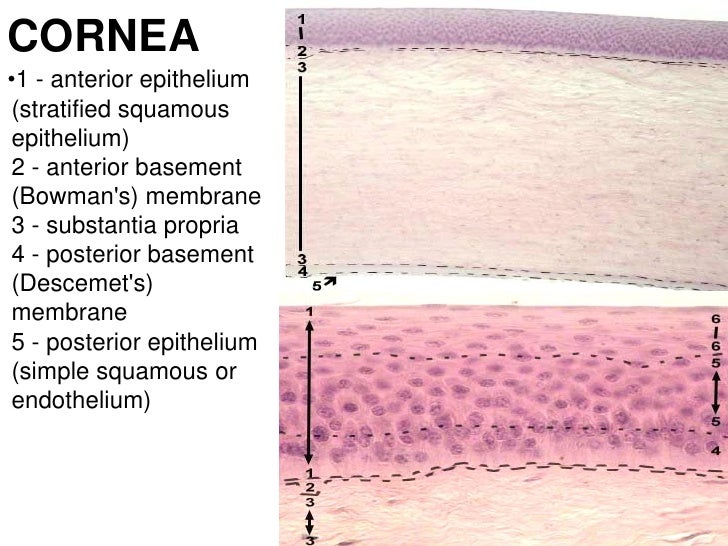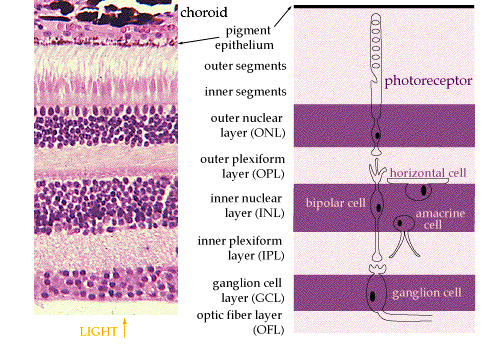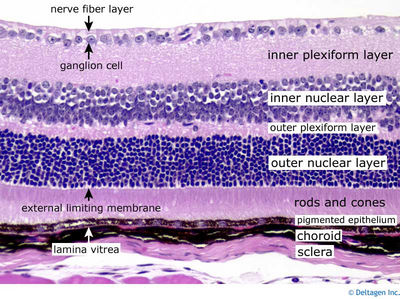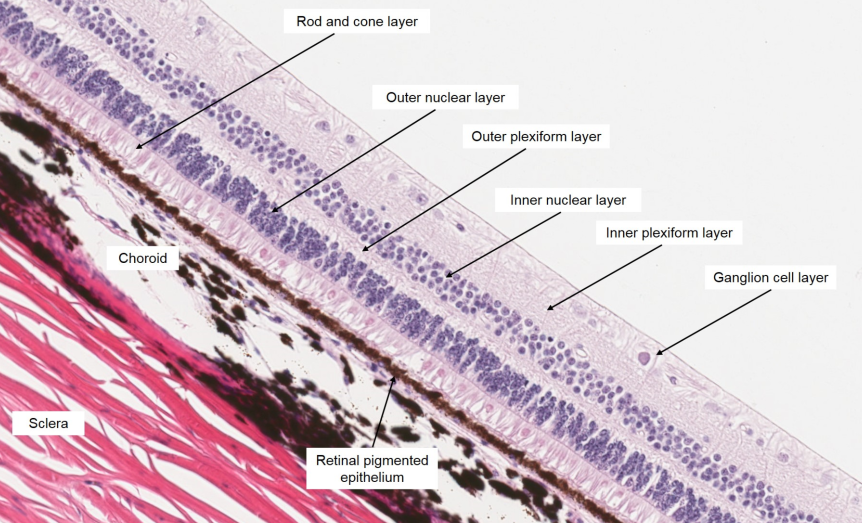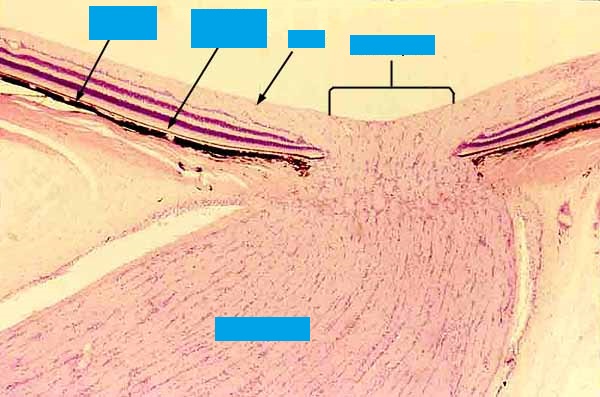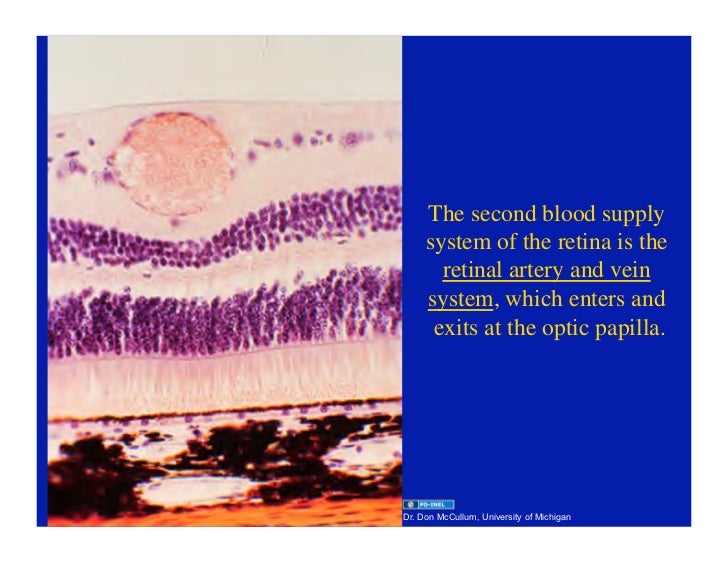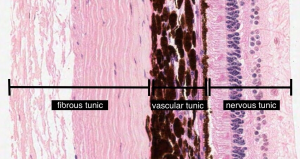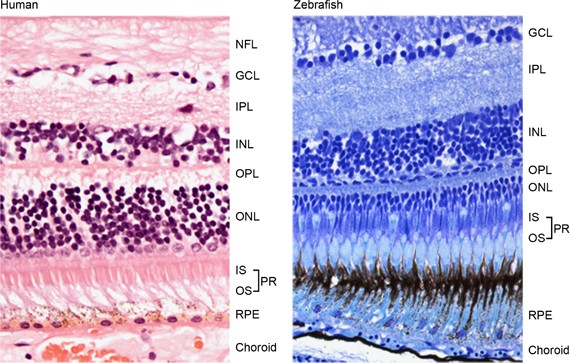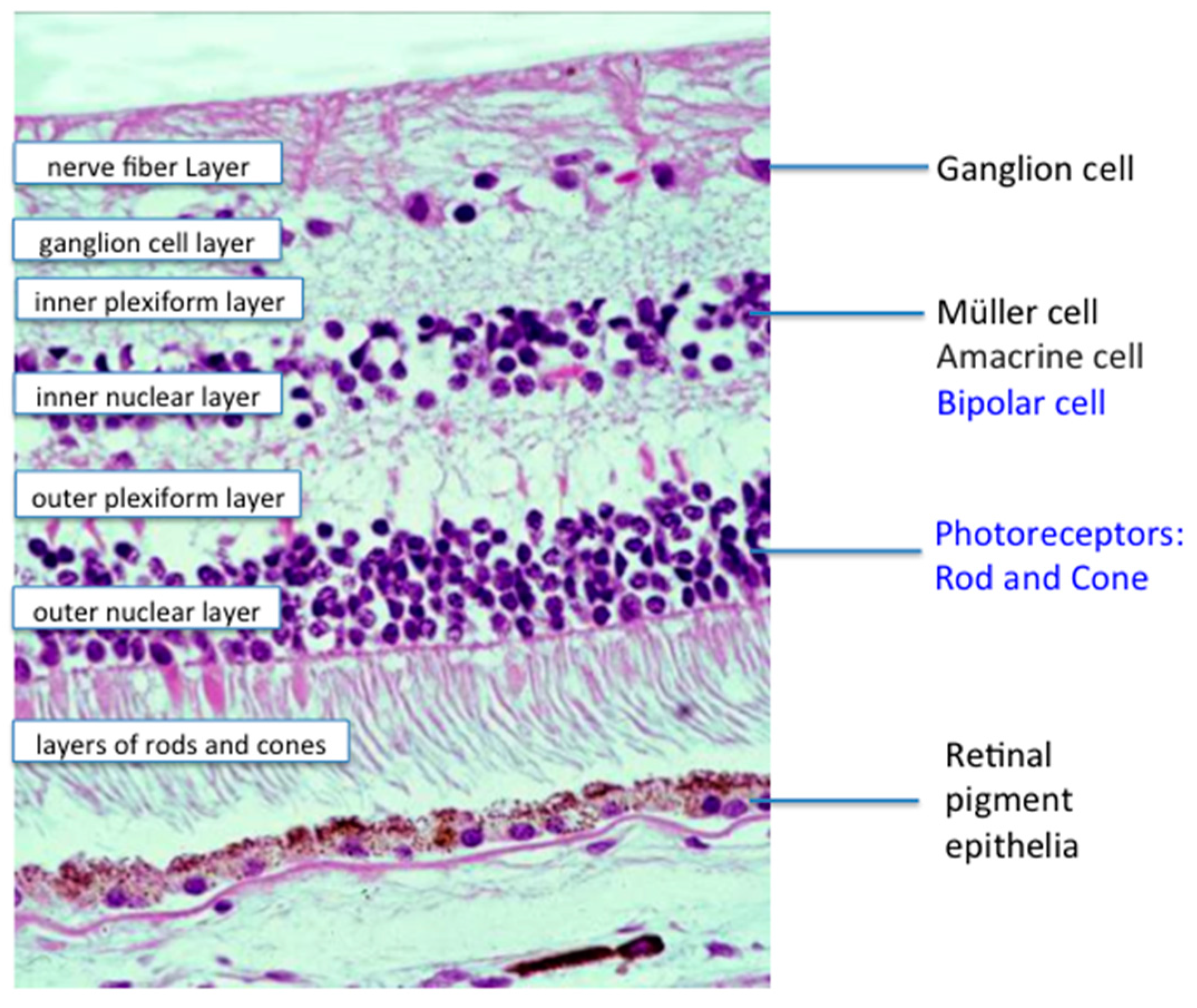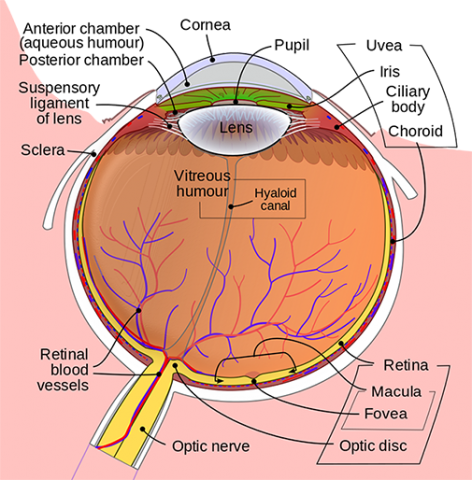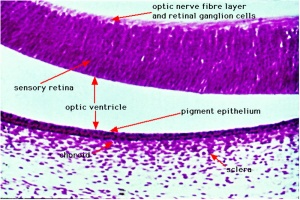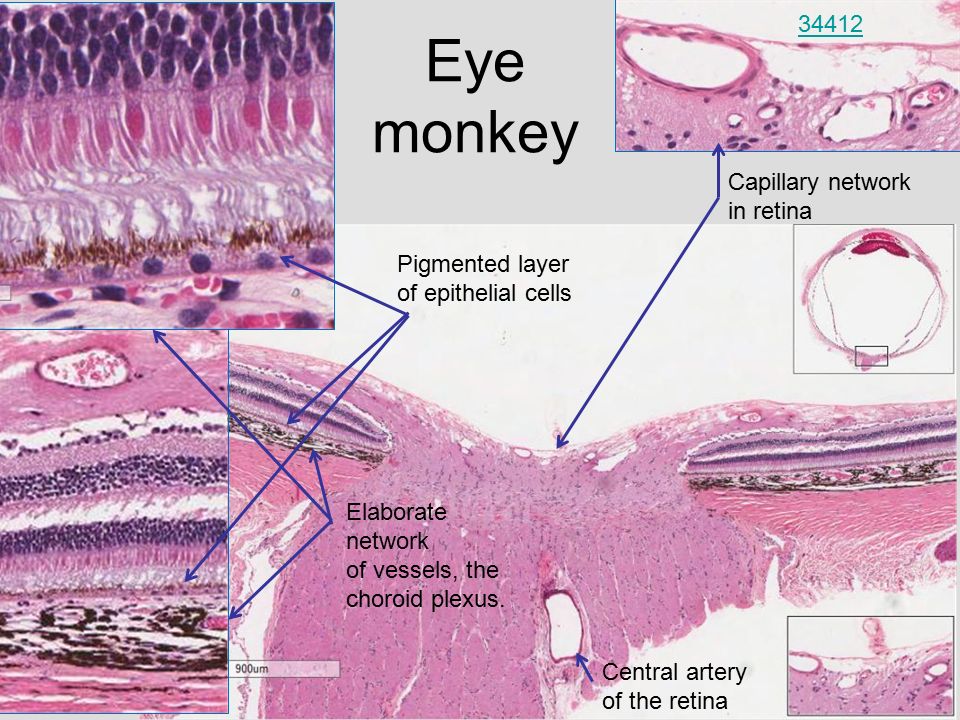Retina Eye Histology
The retina is the innermost layer of the wall of the eye.
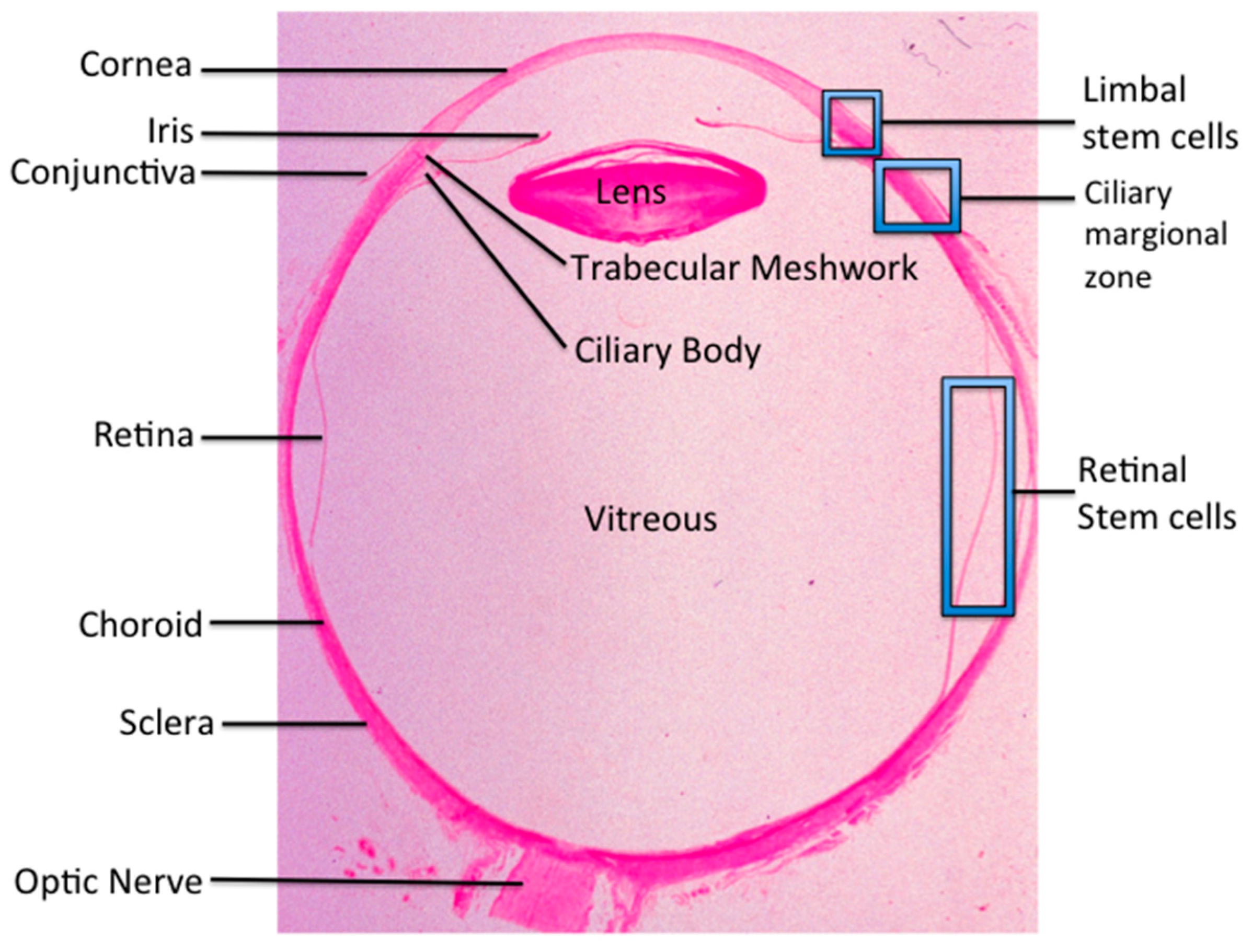
Retina eye histology. Histology retina statpearls ncbi bookshelf. Reprinted with permission from balaratnasingam et al 2019. When an ophthalmologist uses an ophthalmoscope to look into your eye he sees the following view of the retina fig. It is in immediate contact with the vitreal cavity on one side and with the choroid of the uveal layer on the other side.
Multimodal imaging of macular circulation in a patient matched with postmortem examination of the same eye. Vestibular labyrinth and cochlear labyrinth slide ear 3 petrous temporal bone he embedded within the petrous portion of the temporal bone is the bony labyrinth which consists of the central vestibule three semicircular canals which arise and end at the vestibule and the cochleait contains a fluid called perilymph which has. The cellular layers of the retina are as follows. Name the three layers of the eye and describe the components of each at the level of the retina lens and iris and.
1 the pigmented epithelium which is adjacent to the choroid absorbs light to reduce back reflection of light onto the retina 2 the photoreceptor layer contains photosensitive outer segments of rods and cones 3 the outer nuclear layer contains cell bodies of. The ciliary and iridial parts of the retina are described together with the ciliary process and iris. Histology of the ear g 778a 778b. Learning objectives understand the structural organization and functions of the various components of the eyelid and conjunctiva.
Intravitreal medication such as anti vegf or corticosteroid agents vitreoretinal surgery use of nutritional supplements modification of systemic risk factors for retinal disease. Farther back is the cell body which contains the cells organelles. Closest to the visual field and farthest from the brain is the axon terminal which releases a neurotransmitter called glutamate to bipolar cells. The octa image represents a projection of all retinal vascular plexuses.
A histology b oct angiography octa. The complexity of the retina from its precise multi layered structure to its various cell types and function will be discussed briefly in this overview. From the center of the optic nerve radiates the major blood vessels of the retina. The following are commonly modalities of management for retinal disease.
Rod and cone photoreceptors are found on the outermost layer of the retina. Relate retinal detachment to embryonic development. In the center of the retina is the optic nerve a circular to oval white area measuring about 2 x 15 mm across.
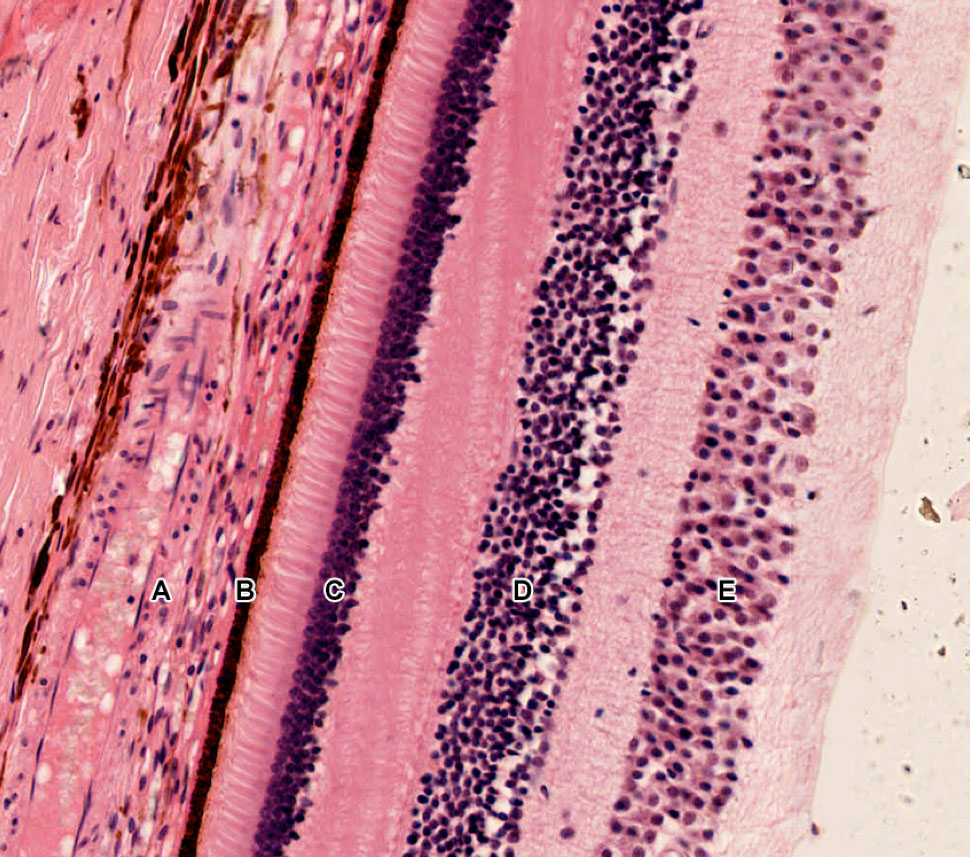
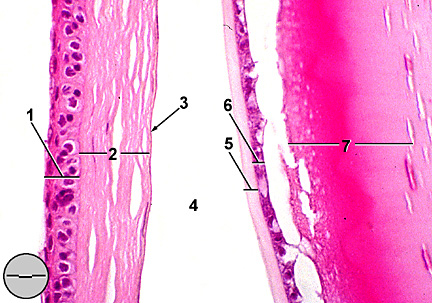

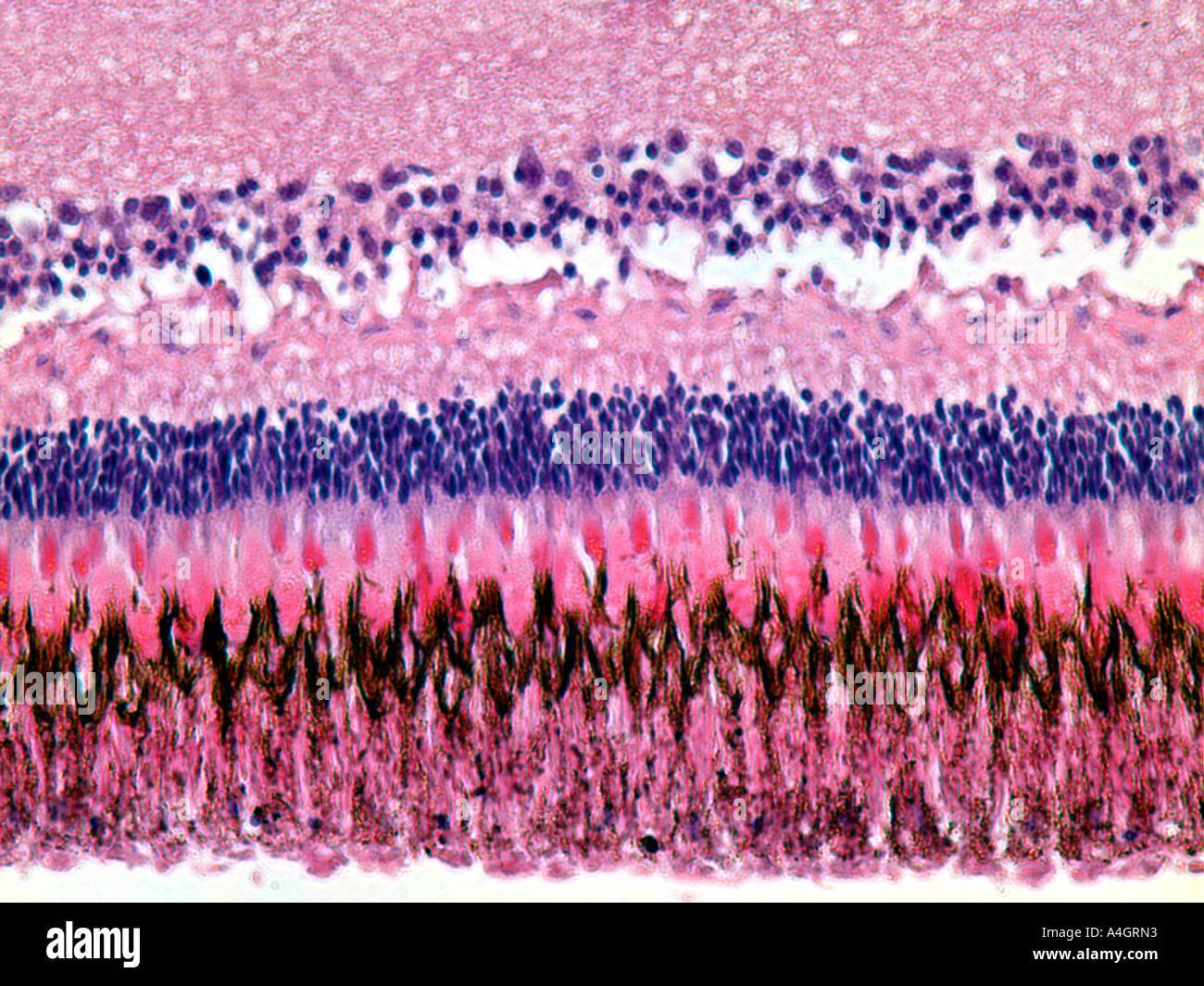





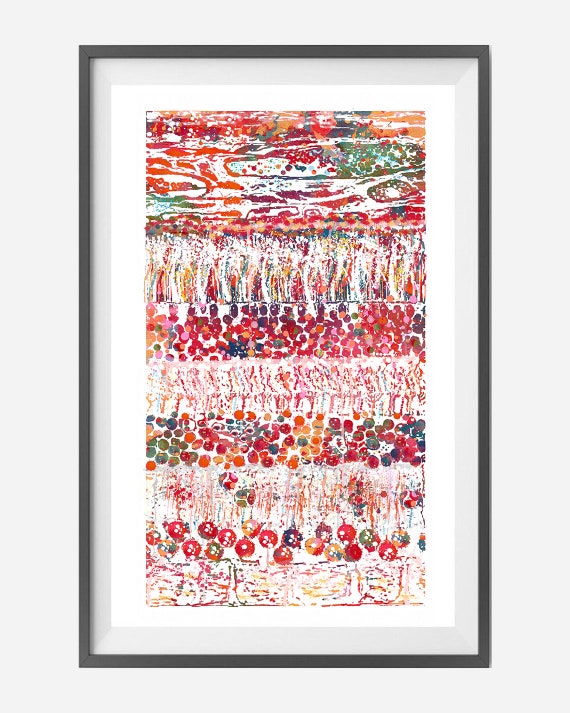


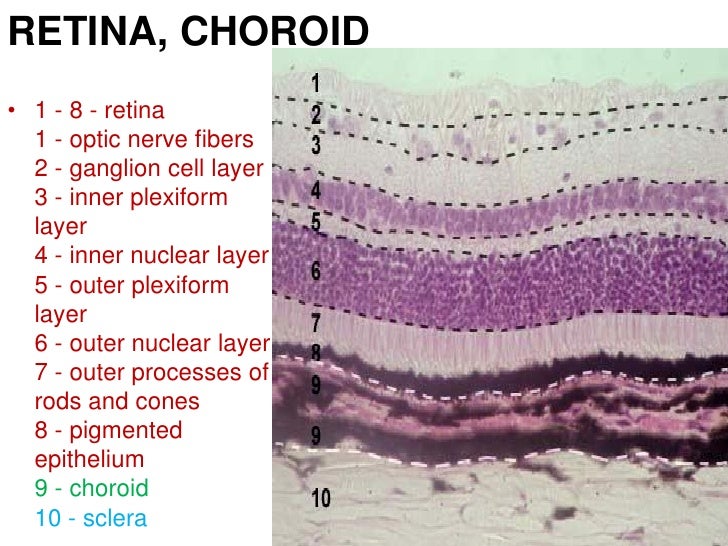
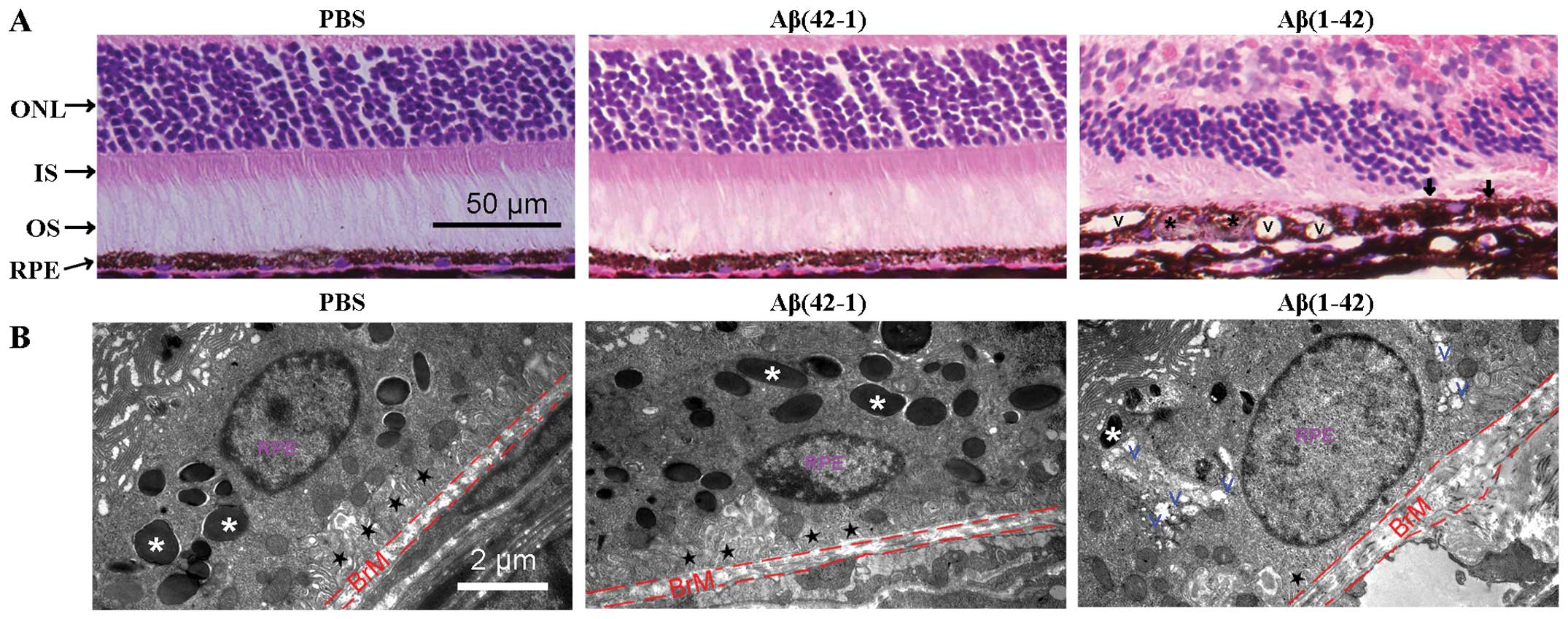




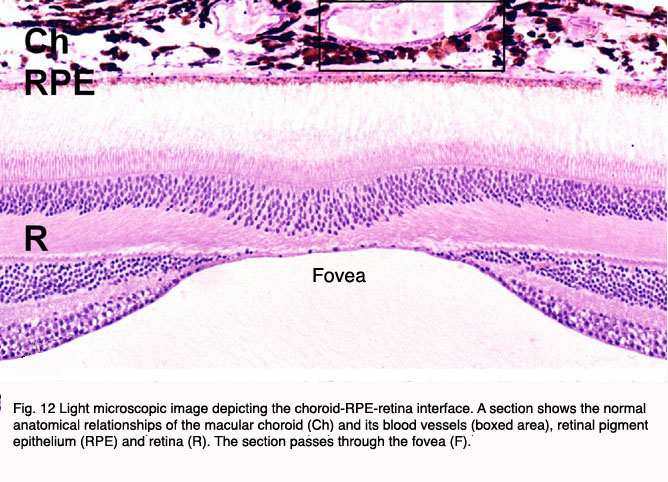
:background_color(FFFFFF):format(jpeg)/images/library/11557/histology-retina-layerscells_english.jpg)
